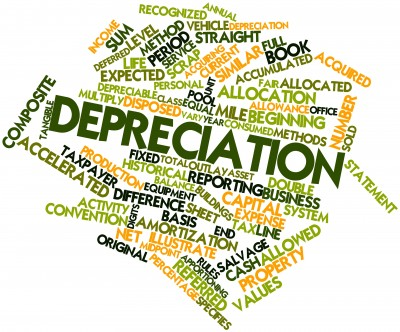Adapted from the December 2023 PREP Newsletter: "So What Does That Mean in Plain English?"
The benefits of real estate appreciation are well-known; a property increases in value over time, and the investors of that property enjoy the benefit of the value increase. But, what about depreciation? One would assume that if appreciation is good, then depreciation is bad. To quote the late Alex Trebek, “Oh, I'm sorry, that is incorrect.” Let's discuss what real estate depreciation means, how it works, and why it benefits investors.
What is depreciation?
Real estate depreciation is a method used to account for the loss of property value over time due to physical, functional, or economic factors. It allows property owners to deduct a part of the cost of the property from their taxable income every year until they fully recover its cost.
How does it work?
The IRS says, in fancier language of course, that for real estate investment properties, prior to calculating the taxable NOI (shout-out to last quarter's newsletter) each year, you can deduct the purchase price of the physical building (generally spread out over 25-30 years) from the property’s taxable income. This is different from any other industry, because in other industry businesses, expenses such as repairs, electricity, and payroll are deductions from your income for tax purposes, but you have to spend the cash to get these deductions. In real estate, even though we purchase the property as if it were a business, we deduct the physical building’s value, so the depreciation is a “cashless” expense. That's the beauty of this deduction. (Note that the IRS does not allow you to depreciate the actual land because that doesn't really ever lose value, so typically we assume 80% of the purchase price is the value of the physical building.)
How does it actually work?
Here’s an example. If you purchase a rental property for $12MM, 80% ($9.6MM) may be depreciated over 30 years ($320K) annually. Therefore, if your NOI is $500K (shout out to last quarter's newsletter again) you can depreciate $320K each year. Therefore, instead of being taxed on $500K, an investor is now taxed on $180K. What does that look like in real dollars? If we assume a tax rate of 30%, that's a savings of at least $54K (36%) every single year! This goes directly into a PREP investor’s pocket - for doing no extra work at all. Is this even legal? To quote Alex Trebek one more time: “Yes.”
Written By:
Donny S. Steinberg
Director of Strategy & Innovation



